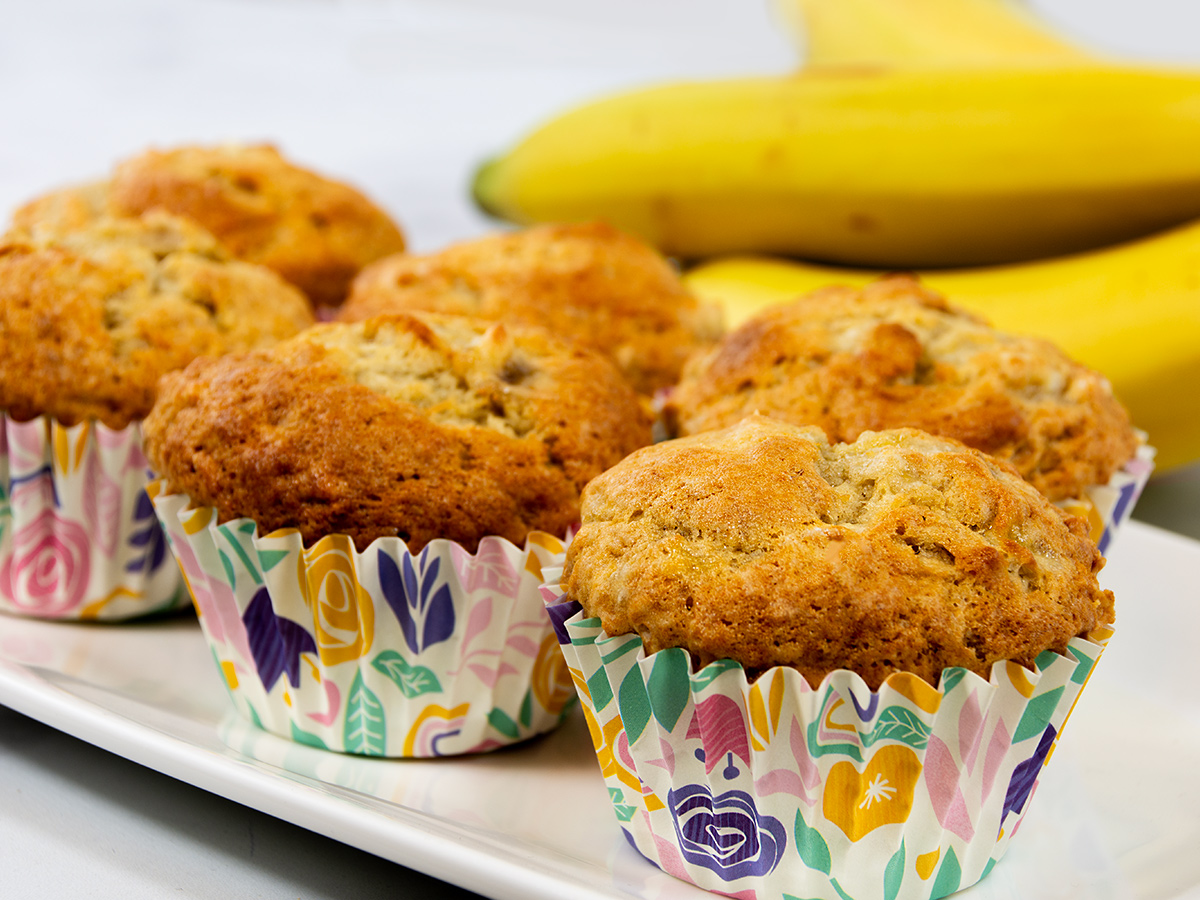
Making a Healthy Fall Transition
I was enjoying a morning walk around my local river a couple of weeks into the fall season. It was a chilly morning, but the sun was warm on my face. I couldn’t help but notice all the leaves changing colors, flocks of geese gathering to prepare their winter flight, and summer flowers replaced with hardy cabbages in the gardens. Fall is here. For me, I’d be fine with an endless summer, but for many, they love fall and all that it brings—colder weather and warmer clothing, outdoor fire pits with roasted marshmallows, and family gatherings to give thanks. However, for some, the Shadow Season can cause increased sadness, stress and anxiety, and weight gain. The fall transition can be harder on some, so I wanted to share some of my practices and mental approaches to this powerful time of year.
Autumn Anxiety
As summer comes to an end and the days become shorter, for some people, this transition brings about anxious feelings. It’s called autumn anxiety. There are many reasons this can happen. For parents, the start of the school year and fall sports can cause scheduling anxiety. Many folks feel pressure about upcoming holidays that force them to socialize, entertain, or purchase gifts. Others dread the cold weather and the flu season, and now, coronavirus. But by far, the biggest reason for autumn anxiety is hormone changes—like serotonin, norepinephrine, and dopamine, the neurotransmitters that control our emotions—due to reduced exposure to sunlight. In response to these hormones dropping, the ‘stress hormone’ cortisol increases when it senses a threat, causing anxiousness. A threat is an anticipatory one, dreading what’s to come, which is always the root of anxiety.

Sadness and Depression
Seasonal affective disorder (SAD) is a type of depression related to changing seasons, most commonly in fall. The sudden reduction of vitamin D most often is the cause. Dubbed the “sunshine vitamin,” the body makes vitamin D most efficiently from sun exposure. When fall moves in, the days grow shorter, and so does our time in the sun. Studies have shown a link between vitamin D deficiency and depression. While you may not be deficient, the quick decline of vitamin D can cause temporary sadness for some. Plus the shorter days also increase melatonin production in the body and people tend to feel sleepier and more lethargic.
Weight Gain
In fall, we pack away our swimsuits, shorts, and flip flops, and for many, pack on some extra pounds. Did you know that September is second to December as the “fattest month of the year”? The chillier weather and shorter days can cause many to go into early hibernation mode. People tend to associate fall with comfort food, which usually is higher in calories. And if someone is suffering from autumn anxiety or SAD, food is sometimes used as a release method.
So as you can see, the fall transition can be a dreaded time of year for some.
Curbing Anxiety
For me, autumn anxiety creeps in slowly. Starting up a new school year for my kids and keeping up with their sports schedules is one “threat,” in addition to an increased workload in my business. Going from a more relaxed summer schedule to a more hectic fall one can get the better of me. To keep my anxiety down, here are some of my practices:
- Staying present. Anxiety is caused by stressing over the future, so I try my best to stay present in my day. If my mind starts skipping ahead, I bring myself back to “now” with a few deep breaths. Today is for today, and tomorrow is for tomorrow.
- New Routine. I adjust my routine and expectations from summer to fall. There’s earlier wake times, a busier schedule, and less daylight to get stuff done. I change my mindset so I don’t feel disappointed when I can’t get to everything on my to-do list.
- Write things down. I’m a big fan of getting something out of my head and onto paper. There’s nothing worse than having ten things banging in my head while more keeps knocking. I feel like a cup about to overflow. I get such relief when I get all that out of my head and onto paper. When it comes to schedules, I write everything down on a calendar, two actually, one in the kitchen, and one at my work desk. The kitchen calendar serves as a command center for my family for soccer games, appointments, days off school, etc.
- Vitamin C. As mentioned, the hormone cortisol is released when we are stressed. To help combat that, I increase my vitamin C supplement in fall to 1,000 mg every three days. Studies have shown that vitamin C helps reduce the production of cortisol, plus it helps boost the immune system, which is beneficial heading into the cold season.
Reducing Sudden Sadness
To avoid vitamin D drops, I simply get outside as much as I can. I try to avoid a sudden lack of sun exposure, so my body doesn’t go into shock so to speak. Just 10-15 minutes of sun exposure boosts D levels. Sitting in your house behind a glass window doesn’t count. The UVB rays of the sun, which help make vitamin D, can’t penetrate the glass. So make sure to get outside as much as you can, even in winter. Of course, I also make sure to eat fish foods high in vitamin D like salmon and tuna.
I also make sure to stay connected with family and friends. As mentioned, it’s easy to enter early hibernation in fall. We just want to snuggle up and stay in. I find it helpful to talk with loved ones about my mood or anxiety. Get things off my chest. It’s amazing how a listening ear can help.
Avoiding Weight Gain
First off, I think it’s natural to gain a couple of pounds during fall and winter, simply due to less activity than warmer months. That being said, I think people can fall into a victim mindset, and ASSUME they’ll gain weight, permitting themselves to overeat. Assuming anything can be dangerous. So I don’t assume I’m going to gain weight, and I don’t fall victim to the colder months. Instead, I have the mindset that I will remain my ideal weight throughout the entire year. I continue to eat the healthy and light foods I did in summer but throw in comfort food here and there. I enjoy holiday dinners but don’t overindulge. My diet has a minor transition from season to season, nothing extreme to throw my body off course. Just like vitamin D, I try not to shock my system with radical change.
I hope these tips help improve your fall transition. Whether you suffer from anxiety, sadness, or dread winter weight, there’s always a way to overcome these emotions and challenges. Try my practices or find your own. No matter what, you’re not alone. Be sure to reach out to family and friends for support when you need it. Happy fall!
RELATED READS
Are We Addicted to Busyness?
In the ever-quickening pace of society, people are busier than ever. They're over-scheduling and over-planning, whether it's work, family, friends, volunteering, yoga, or traveling. And in between all that, they're glued to screens watching more busyness on social...
Spring Clean Your Life
We all get the urge to start cleaning our homes when spring emerges each year. We open the windows and "shake out our house." Whether we reorganize closets, clean up the dust, or scrub the floors, there's excitement in welcoming the new season. That's because spring...
Love Your Reflection
© Lesly JuarezA Mind, Body, and Soul Approach to Weight Loss Abraham Hicks told a great story of Ester and Jerry having dinner with a friend in San Francisco. She was thin and attractive, like a model. She ordered two complete meals and ate them herself, then ate...





